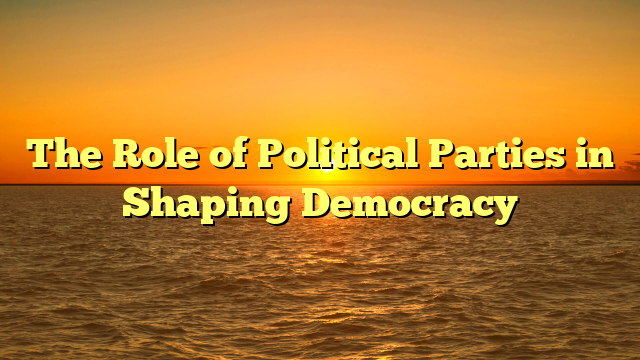Political parties are essential to democratic governance. They organize political competition, aggregate interests, and provide platforms naga169 for citizens to engage in policymaking. Their health and functionality directly impact the quality of democracy.
Parties recruit leaders, formulate policies, and mobilize voters. They also facilitate debate, offering citizens choices that reflect diverse values and priorities. Strong parties contribute to political stability, while weak or fragmented parties can lead to gridlock, instability, or populist surges.
However, parties can also face criticism. Partisan polarization, corruption, or internal factionalism may erode public trust. When parties prioritize narrow interests over the common good, democratic processes can be compromised. Reform and accountability mechanisms are therefore crucial.
The evolution of parties is also influenced by technology and social change. Digital platforms allow for direct engagement, fundraising, and communication, transforming how parties interact with citizens. Yet, these tools can also amplify misinformation or partisanship.
In conclusion, political parties are vital for democracy. Their role in shaping policy, mobilizing citizens, and maintaining accountability ensures that political systems remain responsive and representative. Strengthening parties is essential for resilient governance.


